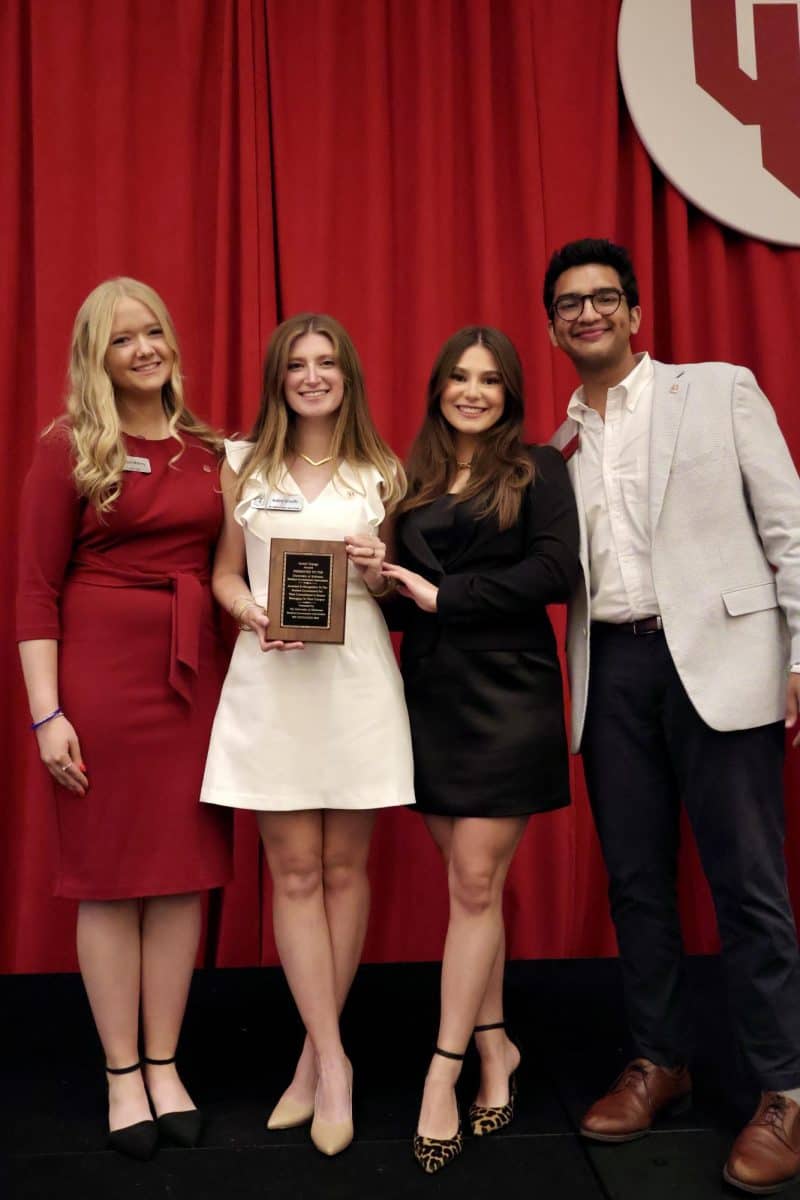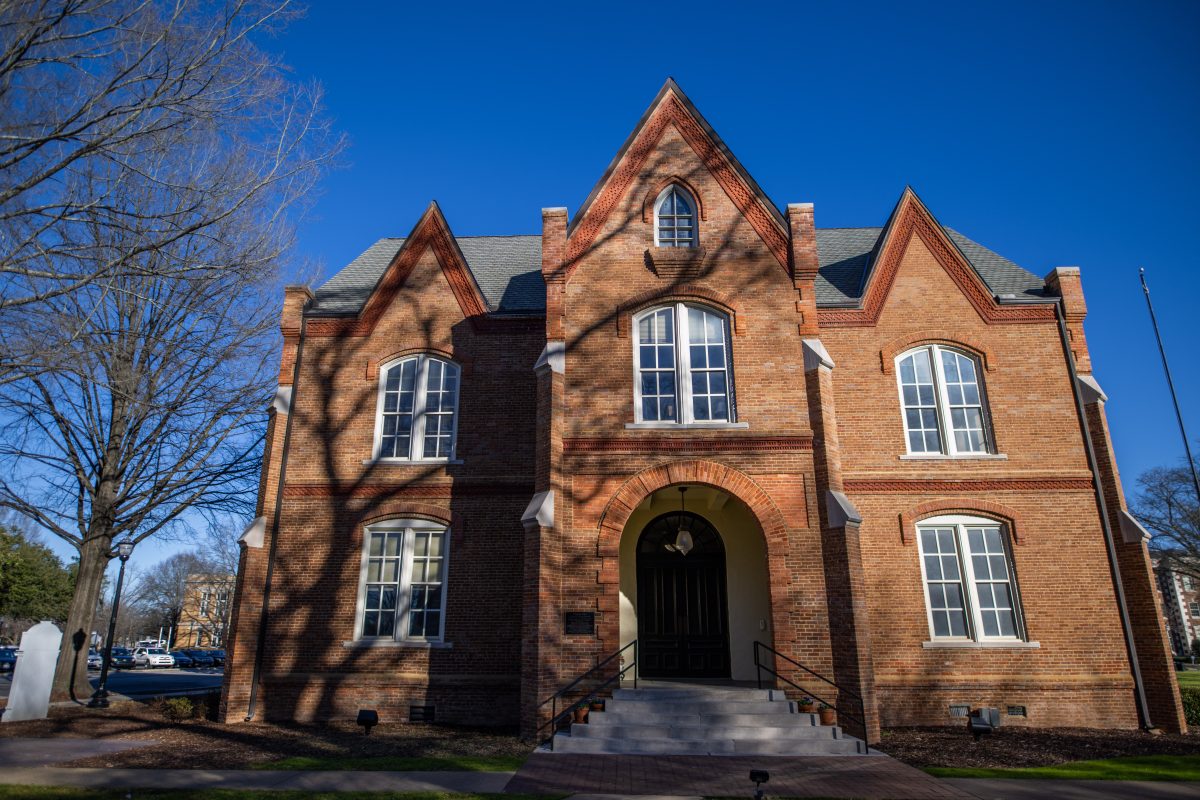Students gathered Monday evening in Gorgas Library Room 205 to discuss the condition of students rendered invisible by mainstream culture.
Disabled, LGBT and international students are seen through categories that neutralize their individuality, said Joshua Burford, coordinator for student development programming for the office of student involvement.
“We only see students with disabilities in terms of what they’re lacking instead of who they are,” he said. “We see them in terms of their difference to us instead of asking them what they need, such as asking what it is that person is having to go through in order to participate in campus life. We only see things through an able-bodied lens.”
Ready-made identities, cast onto other people, strip individuals of their person-hood, said Nirmala Erevelles, associate professor in the College of Education who led the discussion Monday night.
Along with being alienated from campus life, students who fall outside the boundaries of mainstream culture have their options for individual expression confined by the student groups that intend to serve them, Erevelles said.
Student groups such as the Black Student Union and Spectrum, an LGBT student organization, tailor their interests to a certain student identity that does not account for the diversity of a student’s need for self-expression or nonconformity, she said.
“Some of us don’t have the luxury of having our identities just being one thing,” she said. Ignoring sections of the student body can lead to emotional and physical harm in students who suffer through exclusion from campus life, she said.
“When we render people invisible, we don’t see the violence used against them,” she said.
Students should risk removing themselves from their comfort zones to engage differences in perspective, and instead of finding contentment in attending meetings that applaud tolerance, students should communicate with people from contrasting vantage points, she said.
Student groups that serve the interests of disabled, LGBT and international students should be seen as civil rights organizations, she said.
“Whenever we think disabled, we think charity,” she said. “This is a civil rights group. I argue that these people have a culture that may be different from our own.”
College should expand a student’s knowledge of diversity instead of catering to insularity, she said.
“The notion of invisibility is ridiculous because this is where you open your lives,” she said. “You have the opportunity to get to know others, and you are actually closing yourself in.”
Matthew Smith, a senior in New College who attended the discussion, said he feels students refrain from confronting the mainstream culture that excludes independent identities.
“I definitely feel recharged from this discussion because it is easy to fall into silence in everyday conversations,” he said.
Taylor Rudolph, SGA director of academic integrity who helped coordinate the event, said Monday’s discussion is part of a weeklong series of student-led conversations that will take place in honor of Capstone Creed Week, which promotes the core values that sustain the University.






